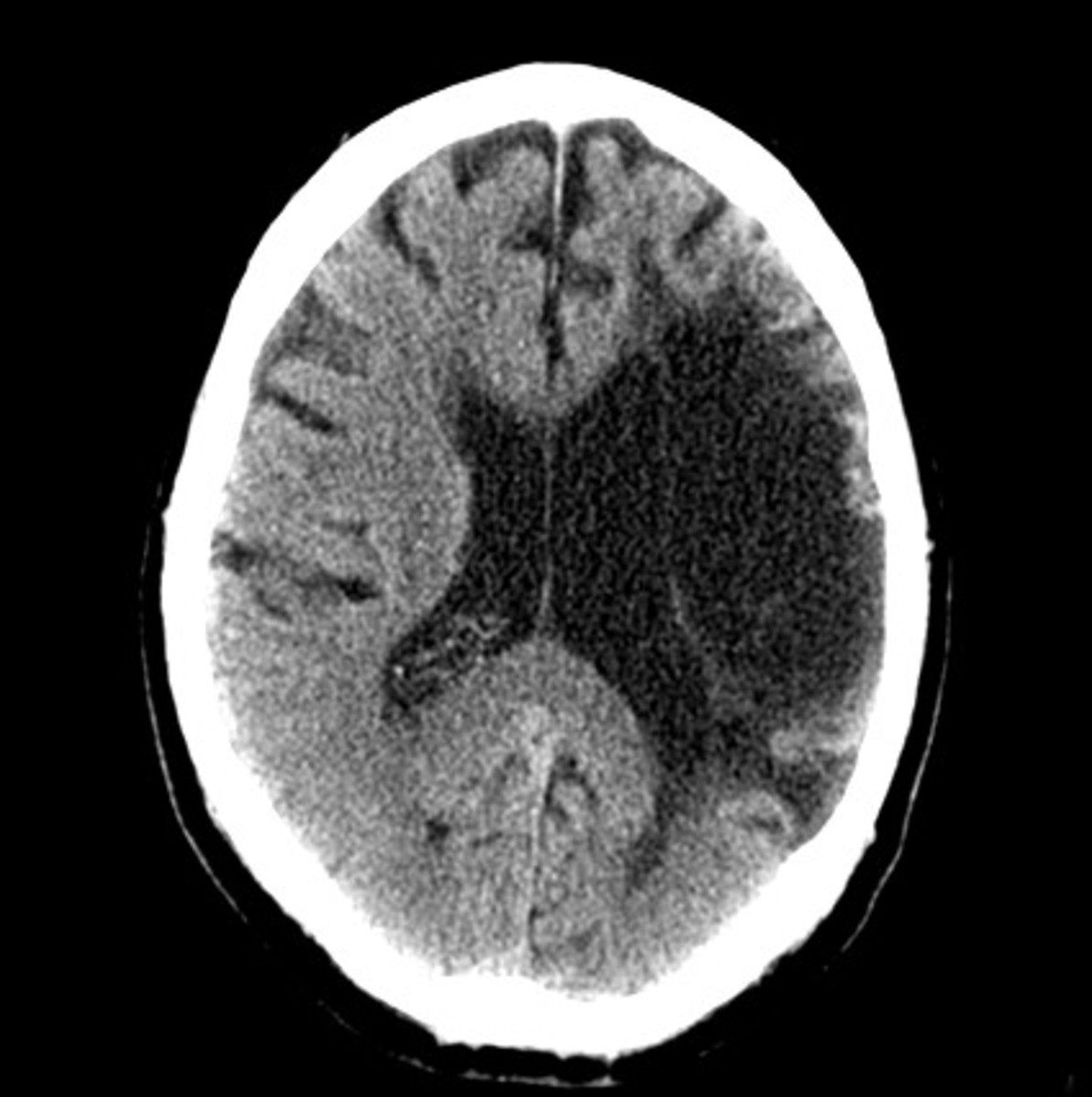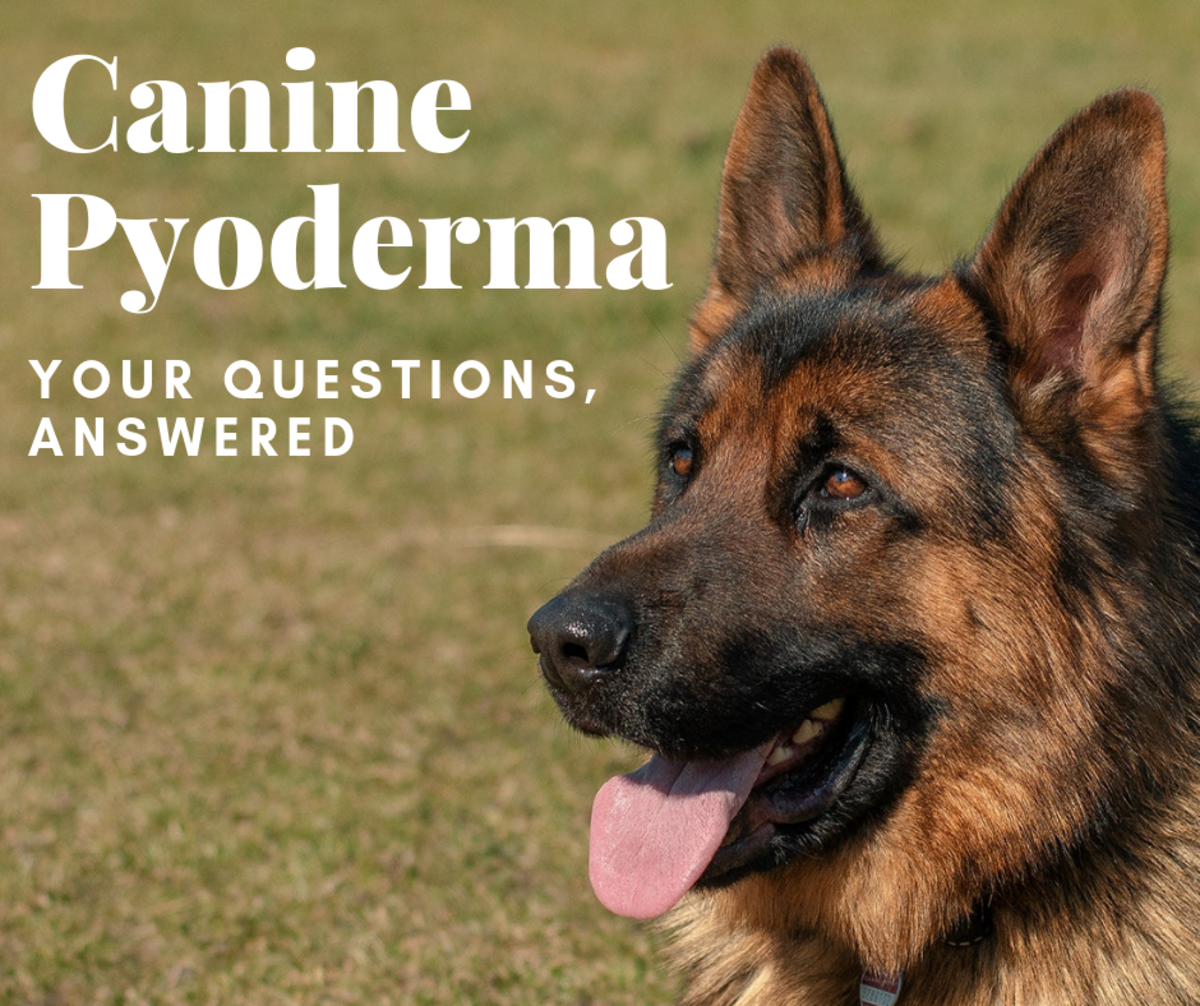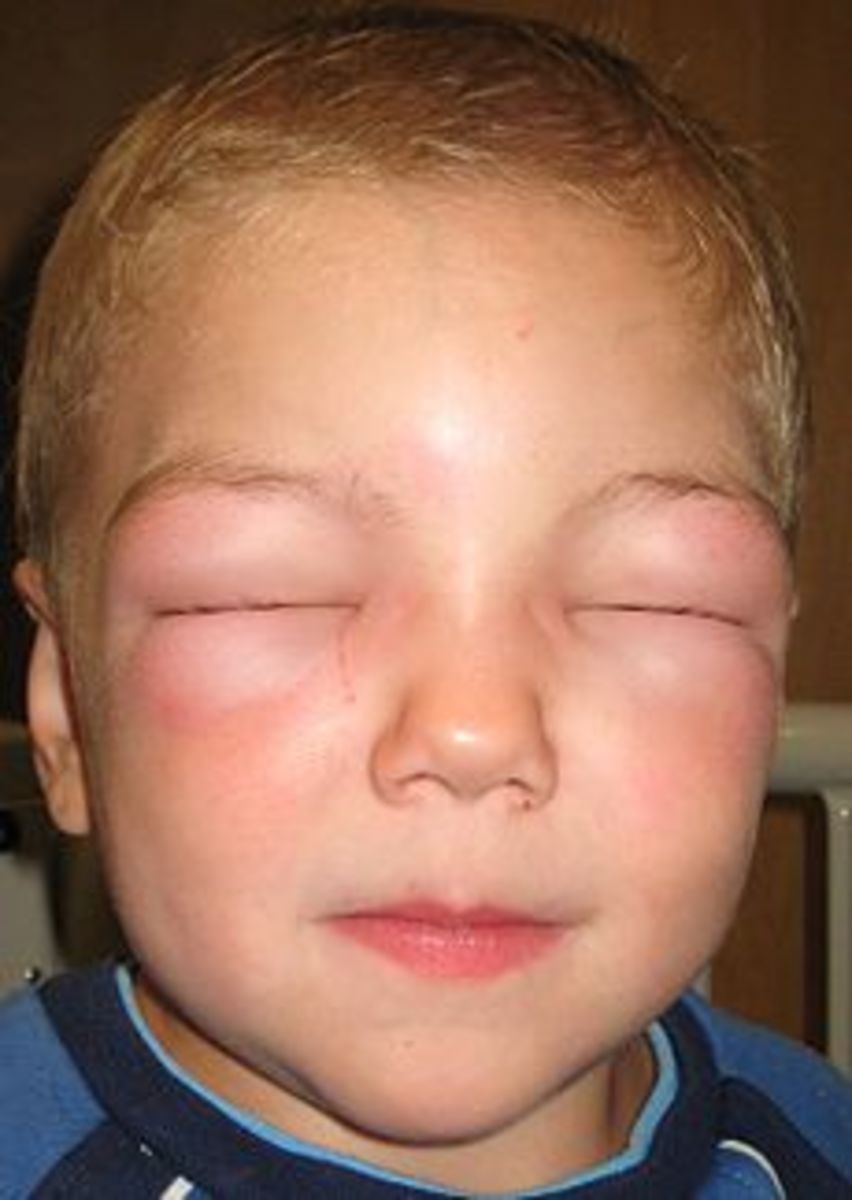Impotency: General Overview, Causes, Diagnosis And Treatment
Impotency

Endocrine Diseases
Etiology, Causes And Diagnosis
This condition constitutes inability to attain or maintain an erection of sufficient firmness to permit coitus to be initiated and completed. It can be sub-divided into:
- Primary impotency: In this form, the subjects have never been potent.
- Secondary impotency: In this form, the subjects experience impotence after a period of normal potency.
Even in normal individuals, transient episodes of impotence may occur as a result of fatigue, distraction, acute illnesses or anxiety. These recover spontaneously.
Etiology
85 to 90% of cases are due to organic causes. In 10-15% cases, the condition is psychogenic. In all types of impotence, it is common for psychological or behavioural abnormalities to supervene.
Organic Causes
- All cases of primary and seconday hypogonadism
- Other endocrine disorders- acromegaly, hyper- and hypothyroidism, Cushing’s syndrome, Addison’s disease.
- Neurological disorders involving the lumbosacral segments of the spinal cord and nerve agents.
- Chronic systemic illnesses- diabetes mellitus, hepatic cirrhosis, chronic renal failure, obesity, starvation, disabling arthritis, connective tissue diseases, chronic obstructive airway diseases, systemic malignancy.
- Iatrogenic- antihypertensive drugs, sex hormones, tranquilisers, sedatives, alcohol, psychedelic drugs and anticancer drugs.
Psychogenic Causes
- Affective disorders like depression, mania, schizophrenia, hysteria and antisocial personality.
- Alcoholism and other drug addictions
- Organic brain syndromes
- Personality disorders
- Trans-sexualism ( a strong desire to change to the oppositive sex).
Diagnosis: It should be determined whether the impotence is primarily psychogenic or organic. The essential difference between the two are given below.
Organic
| Psychogenic
|
|---|---|
1. Impotence is always present
| Conditional and situational
|
2. Begins insidiously and slowly progressive
| Usually sudden onset
|
3. The onset of impotence coincides with any significant illnesses like myocardial infacrtion
| There may be a temporal association to a stressful event as the death of parent or child.
|
4. There is no reflex penile erection in the morning.
| Morning erections are present.
|
Azoospermia

Treatment
Organic impotence must be managed according to the cause. In many cases, the patient or his sexual partner may benefit from counseling or by psychotherapy. Drugs like androgens and replacement hormones are indicated if the condition is secondary to endocrine disorder.
Cryptorchism
In male infants, the testes is in the scrotum at birth. Descent of the testes into scrotum from the abdominal cavity occurs during the last months of pregnancy. Incomplete decent of testes in the scrotum is known as cryptochism (undescended testes). Cryptorchism can be graded depending upon the extent of descent. Sometimes the testes may descend into the scrotum intermittently (retractile testes) or they may be retained at the upper part of the scrotum, groin or within the abdomen. Hereditary defects of testicular development may lead to cryptorchism. Even unilateral cryptorchism may be accompanied by infertility. Complications of cryptorchism include defective spermatogenesis and the development of testicular tumours.
Success of therapy depends upon the initial position of testes and early institution of therapy. Treatment should be started before the age of 2 years. Human chorionic gonadotropin (HCG) and synthetic luteinizing hormone releasing hormone (LHRH) are used for this purpose. The HCG is given in a dose of 1500 units twice a week for 3- 6 weeks. The dose of LHRH is 100- 150 ug daily. If the testis has descended into the inguinal canal, the prognosis is good.
Azoospermia
Absence of sperms from semen is called azoospermia. This is common in primary testicular disorders which are developmental or endocrine in nature. In addition, several structural abnormalities also lead to absence of vas deferens, acquired occlusions of the epididymis and vas deferens, and absence of seminal vesicles.
© 2014 Funom Theophilus Makama









